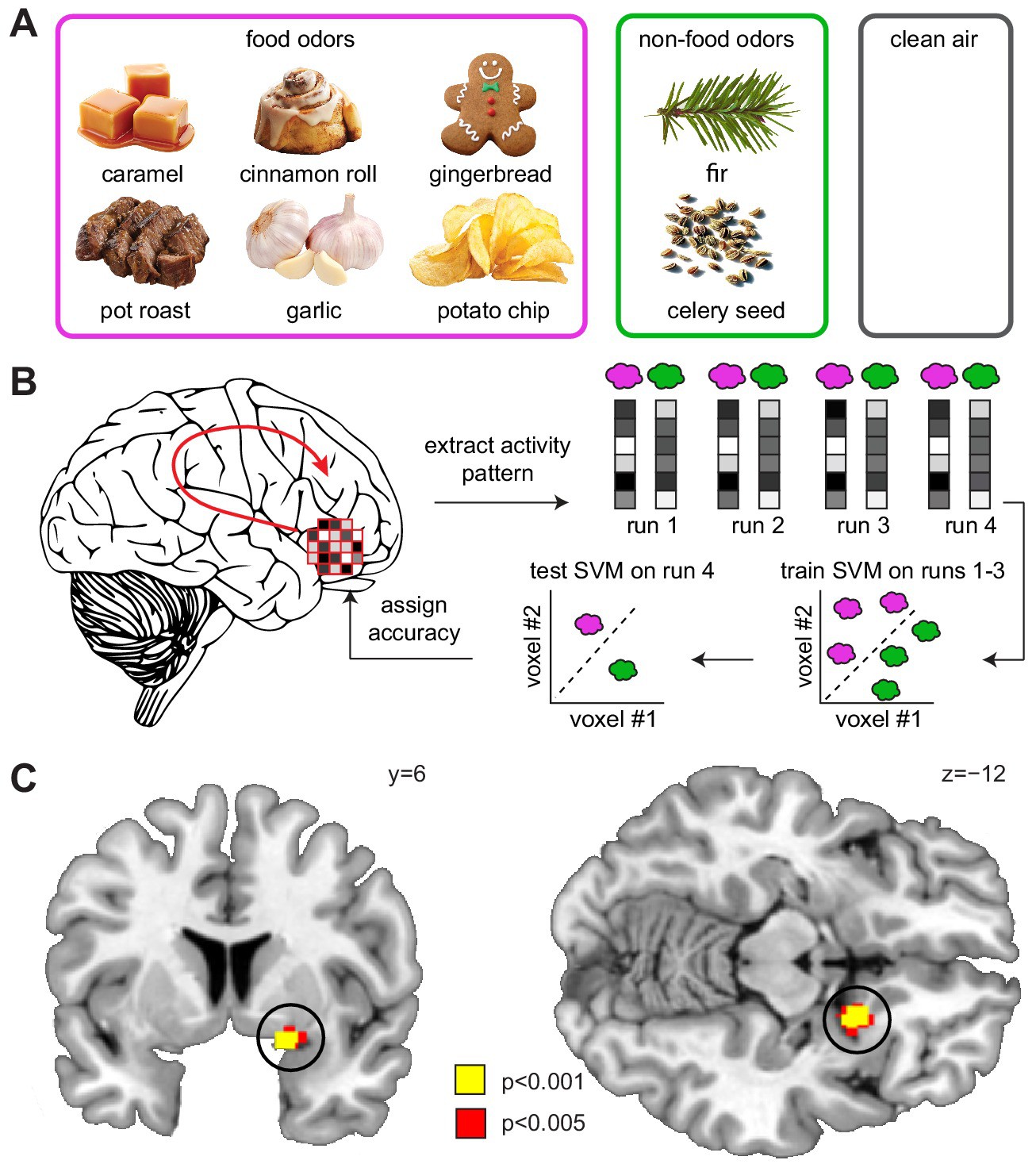Your Nose May Be to Blame for Craving Junk Food After a Sleepless Night
A new study investigates how sleep deprivation impacts the way we perceive food smells, increasing the desire for foods rich in sugars and fat.
A new study investigates how sleep deprivation impacts the way we perceive food smells, increasing the desire for foods rich in sugars and fat.
Lack of adequate sleep can be detrimental to your health for various reasons. It notably hampers your body’s capacity for self-repair and elevates the risk of encountering numerous health issues, including heart diseases, diabetes, fatigue, among others. In addition, insufficient sleep often leads to cravings for foods that are high in sugar and fat.
When we are sleep deprived, we often go for junk food, and it can lead to weight gain and additional health problems. Scientists from Northwestern University wanted to investigate this link and find out what is the reason behind the desire for calorie-dense food choices following a sleepless night.
A new study hints that your nose may be the reason for junk food cravings. Sleep deprivation affects the olfactory system, which leads to a sharper perception of food smells. In addition, the communication between brain centers responsible for receiving food signals breaks down, which is why fries, donuts, and other junk food options seem like the best idea.
When certain parts of the brain aren’t getting proper signals, the brain may try to overcompensate by choosing energy-dense food. The researchers wanted to investigate why there is such a breakdown of communication between different brain regions.
Previous research has identified molecules called endocannabinoids (ECs) that are important for how the brain responds to odors, and they also play an important role in feeding behavior. When we are sleep deprived, there is an increased level of endocannabinoids in our blood. That is why these molecules were the logical suspect for investigation of this sudden change of eating behavior.
To investigate, researchers examined how sleep deprivation influenced food choices and how levels of an endocannabinoid called 2-oleoylglycerol (2-OG) changed. They tested 25 healthy adults with normal body mass index. Divided into two groups, participants experienced either usual or short sleep periods. After that, researchers analyzed 2-OG levels, food choices, and fMRI scans to see how sleep deprivation impacted brain connectivity.
Interestingly, when sleep-deprived people were given a choice to pick what they want to eat, they chose higher energy food like donuts, potato chips, and chocolate chip cookies. Sleep deprivation was also linked to higher levels of 2-OG.
Patients also underwent an fMRI scan before the buffet to help researchers understand how different odors affected signaling between brain regions. Interestingly, the piriform cortex, which is the first cortical brain region to receive olfactory signals, showed that food smells were perceived more strongly than non-food odors in sleep-deprived patients.
But that is not all.

The fMRI scans showed increased activity in the piriform cortex when sleep deprived patients encountered food odors. Source: Northwestern University
The piriform cortex sends signals to another region called the insular cortex, which is responsible for food intake and feelings of satiety. But when subjects were sleep-deprived, this connection was weaker, and it was also linked with an increase in 2-OG levels.
In conclusion, a lack of sleep influences the endocannabinoid system, which then affects different brain areas, and the result is an increased preference for energy-packed foods. The statistics show an alarming rate of sleep deprivation and obesity in the US, and these findings could help scientists to develop new ways of battling both things at once.
Dusan is a biologist, a science enthusiast and a huge nature lover. He loves to keep up to date with all the new research and write accurate science-based articles. When he’s not writing or reading, you can find him in the kitchen, trying out new delicious recipes; out in the wild, enjoying the nature or sleeping in his bed.